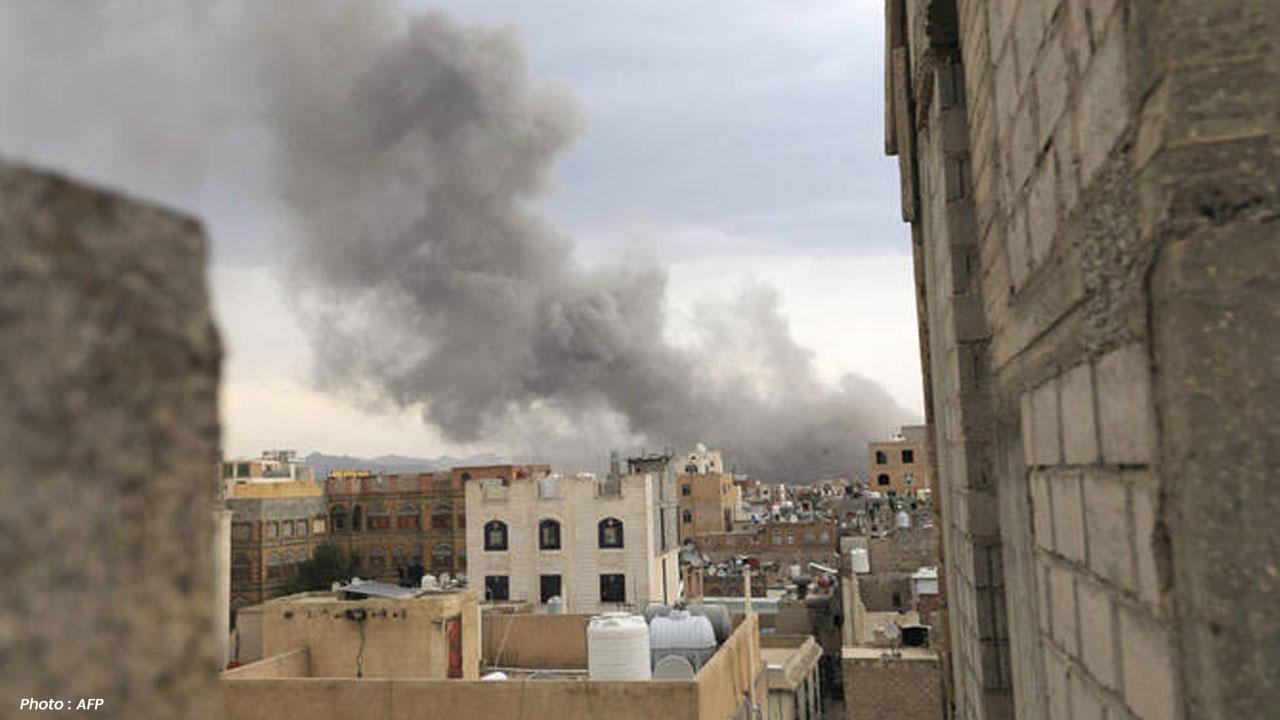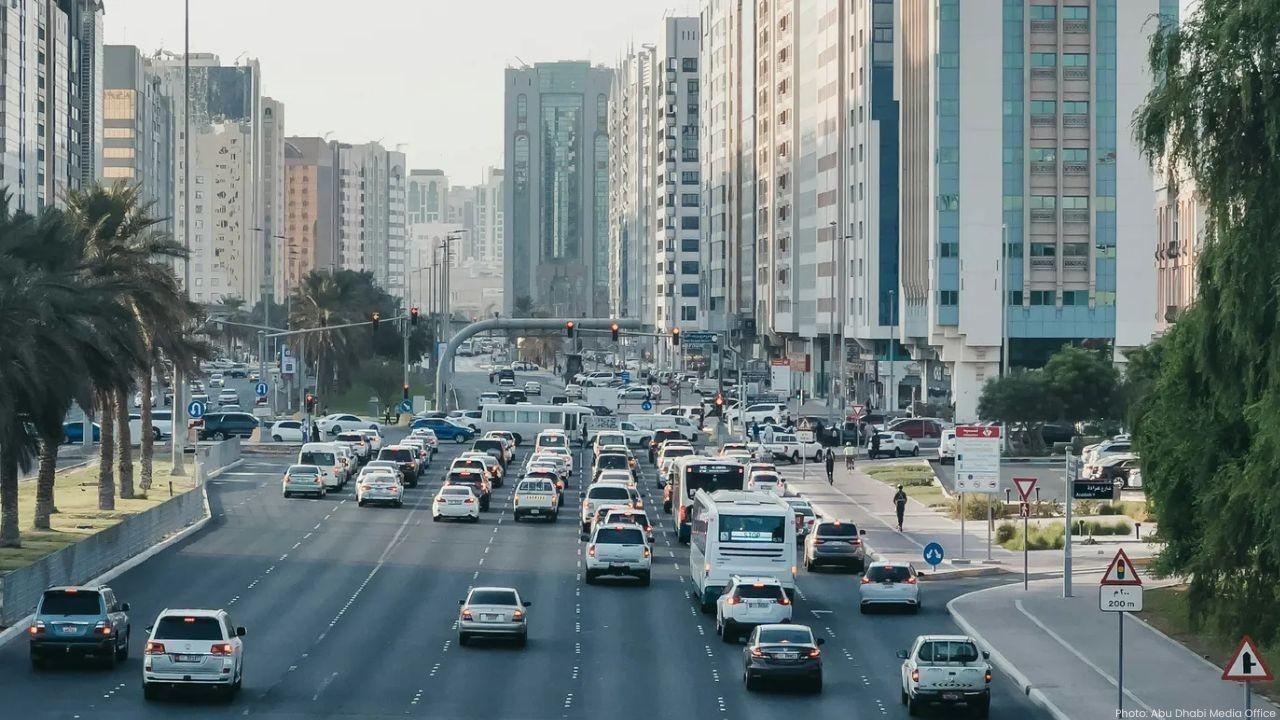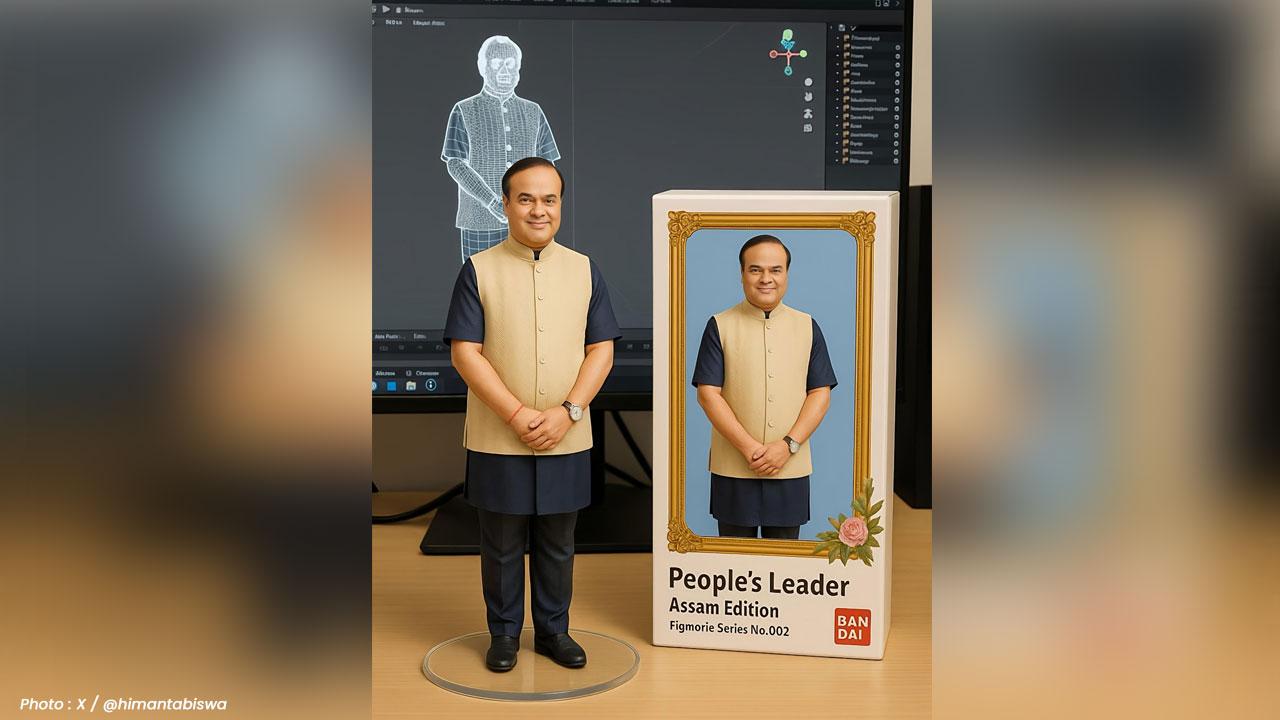
Join 10k+ people to get notified about new posts, news and tips.
Do not worry we don't spam!

Post by : Raman
Yemen is once again facing the heavy cost of war. This week, Israel carried out a series of airstrikes in the capital city of Sanaa, targeting Iran-backed Houthi rebels. The attacks caused significant damage to homes, public buildings, and cultural sites, leaving many families without shelter and struggling to survive. According to the health ministry run by the Houthis, at least 46 people were killed, including 11 women and five children, and 165 were wounded. Among the victims, 11 local journalists also lost their lives while performing their duties.
The airstrikes were a response to a drone launched by Houthi rebels that breached Israel’s air defenses and struck a southern Israeli airport, shattering glass windows and injuring one person. The escalation in violence highlights a troubling pattern of attacks and counterattacks that have lasted for years, with ordinary civilians paying the highest price.
In Sanaa, the impact of the airstrikes is visible across the city. Dozens of houses, especially in the central Tahrir area, were damaged. Residents described scenes of destruction, with walls knocked down, kitchens ruined, and debris scattered everywhere. Um Talal, a mother living in the affected area, explained how her home, where she lives with her daughter and two sons, was partially destroyed. “Everything was lost in the blink of an eye,” she said. “Authorities haven’t even called us. We have no one to help us repair our home.”
Another resident, Ahmed Al-Wasabi, said his family was lucky not to be home during the airstrikes, as their house was also partially damaged. Khaled Al-Dabeai, a grocery shop owner, recounted how the explosions knocked products off his shelves and terrified customers. Children and women were screaming, running in fear, unable to understand why their city had become a battlefield.
Many families in Sanaa are living in extreme poverty due to years of civil war, making it almost impossible for them to repair their homes or replace lost belongings. The lack of local government support has left residents struggling to survive in damaged homes. Families are forced to try to repair what they can with limited resources, often living among rubble and debris, which is unsafe and unsanitary.
The airstrikes did not only target military locations. The National Museum of Yemen suffered damage, with footage showing cracks and destruction on its façade. Such cultural losses are tragic for a country that has a rich history dating back thousands of years. The destruction of museums, historical buildings, and public facilities erases parts of Yemen’s identity and heritage, leaving long-term scars beyond the immediate human suffering.
In addition, Israel targeted a military headquarters and a fuel station in Sanaa, as well as a government facility in Hazm, the capital of northern Jawf province. While these attacks were aimed at Houthi positions, the surrounding civilian areas were also affected. This shows how war in densely populated areas inevitably leads to civilian casualties and widespread destruction.
The recent airstrikes are part of a larger and complex conflict between Israel and the Houthis. The Houthis have been firing missiles and drones toward Israel and targeting ships in the Red Sea for over 22 months. They claim to be acting in support of Palestinians in Gaza. Houthi leader Mahdi Al-Mashat recently warned that attacks would continue, saying, “Stay alarmed since the response is coming for sure.”
Israel, on the other hand, has responded with repeated airstrikes against Houthi positions in Yemen. This cycle of attacks and counterattacks has created an environment of fear and instability, not only for soldiers and political targets but, tragically, for ordinary civilians who have no part in the conflict.
The human cost of this conflict is enormous. Children, women, and the elderly are among the most affected. Many families have lost loved ones, homes, and livelihoods. Schools, shops, and public facilities are damaged or destroyed. People are left without access to clean water, electricity, or medical care. Hospitals are often overwhelmed with casualties, making it difficult to provide proper treatment.
For example, Um Talal is now trying to live in a house where walls are missing and debris fills the rooms. Her children are frightened and unsure of what will happen next. Families like hers are forced to repair homes themselves, even without proper tools or materials, because there is no government assistance or financial support available.
Khaled Al-Dabeai, the grocery shop owner, reported that customers were terrified, and many shops in the area were damaged. Shops and markets are vital for daily life in Sanaa, and their destruction worsens the economic hardship faced by residents. When businesses are damaged, families lose their income, making it harder to rebuild their lives.
Yemen has been devastated by years of civil war. The country faces widespread poverty, hunger, and disease. Many children are malnourished, and access to education and healthcare is limited. Airstrikes and military conflicts worsen these problems, pushing communities closer to humanitarian disaster.
Damage to infrastructure, like roads, electricity networks, and water supply, further isolates communities and slows down recovery. Without peace and security, it is impossible for families to rebuild homes, return to work, or send children to school.
The recent airstrikes add another layer of suffering for the Yemeni population. People are living in fear of future attacks. Children are growing up surrounded by destruction, and parents are struggling to provide basic needs. The psychological impact of war, including trauma and stress, will be felt for generations.
The situation in Yemen is not only a local problem but a global concern. The international community must pay attention to the human suffering caused by these conflicts. Humanitarian aid, rebuilding support, and diplomatic efforts to resolve conflicts are urgently needed.
Organizations that provide food, medical care, and shelter can help, but long-term solutions require political dialogue and peace negotiations. Without a lasting agreement, cycles of violence will continue, and civilians will remain the primary victims.
Countries and international bodies should also focus on protecting cultural sites, hospitals, schools, and civilian homes. War should never destroy the heritage, history, and everyday life of ordinary people. Yemen’s museums, historical buildings, and neighborhoods are part of the world’s shared heritage and should be preserved.
The deadly airstrikes in Sanaa are a stark reminder of the human cost of war. Families lose homes, children live in fear, and communities struggle to survive without help. The destruction of cultural sites, businesses, and public facilities shows that the impact of war goes far beyond the battlefield.
The people of Yemen need safety, support, and hope. Local authorities, the international community, and humanitarian organizations must work together to provide aid and rebuild what has been lost. Families should not have to repair their homes among rubble with no help, and children should not grow up in fear of explosions.
War leaves scars that last for generations. Yemen’s people deserve peace, security, and a chance to rebuild their lives. The recent airstrikes highlight the urgent need for dialogue, understanding, and humanitarian action to protect civilians caught in conflicts not of their making.
The suffering in Yemen is a reminder that wars affect ordinary people the most. The destruction, fear, and loss must not be ignored. Families need immediate help and long-term solutions so that they can live with dignity and hope for a better future.
Yemen conflict, Sanaa airstrikes, Israel airstrike Yemen, Houthi rebels, Yemen news, civilian casualties Yemen










Netanyahu gambled by targeting Hamas leaders in Qatar. It appears to have backfired
Netanyahu’s airstrike on Hamas leaders in Qatar failed, hurting global ties, angering allies, and ra

Esha Singh Wins Gold in 10m Air Pistol at ISSF World Cup 2025 India Shines
Esha Singh secures India’s first gold at ISSF World Cup 2025 in Ningbo, beating top shooters in a th

Neymar won’t have problems securing Brazil World Cup spot if in top shape, says Ancelotti
Brazil coach Ancelotti says Neymar must prove physical fitness to earn a place in the 2026 World Cup

Google Gemini Nano Banana Trend Lets You Create Realistic 3D Figurines
Turn your photo into a lifelike 3D figurine for free with Google Gemini’s Nano Banana trend. Fun, ea

Apple AI Leader Robby Walker Quits Amid Delays in Siri
Apple AI chief Robby Walker is leaving after a decade, raising concerns as Siri upgrades face delays

Phil Salt’s Record 141 Powers England to Big T20 Win
Phil Salt hit 141 not out as England smashed 304 runs to crush South Africa by 146 in the 2nd T20 at